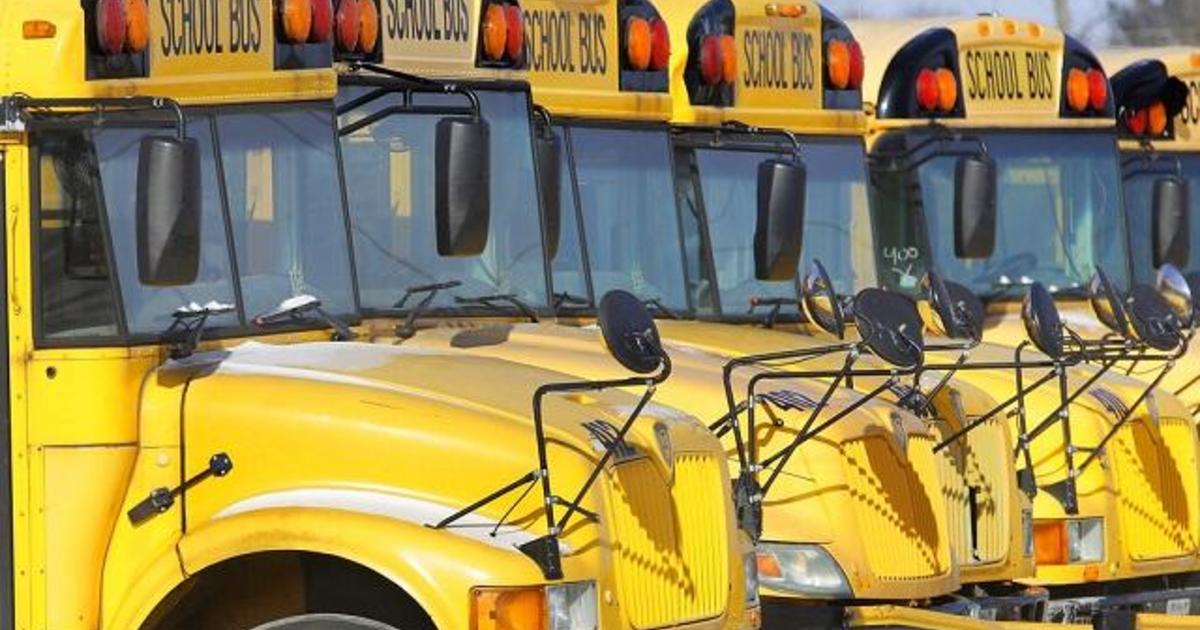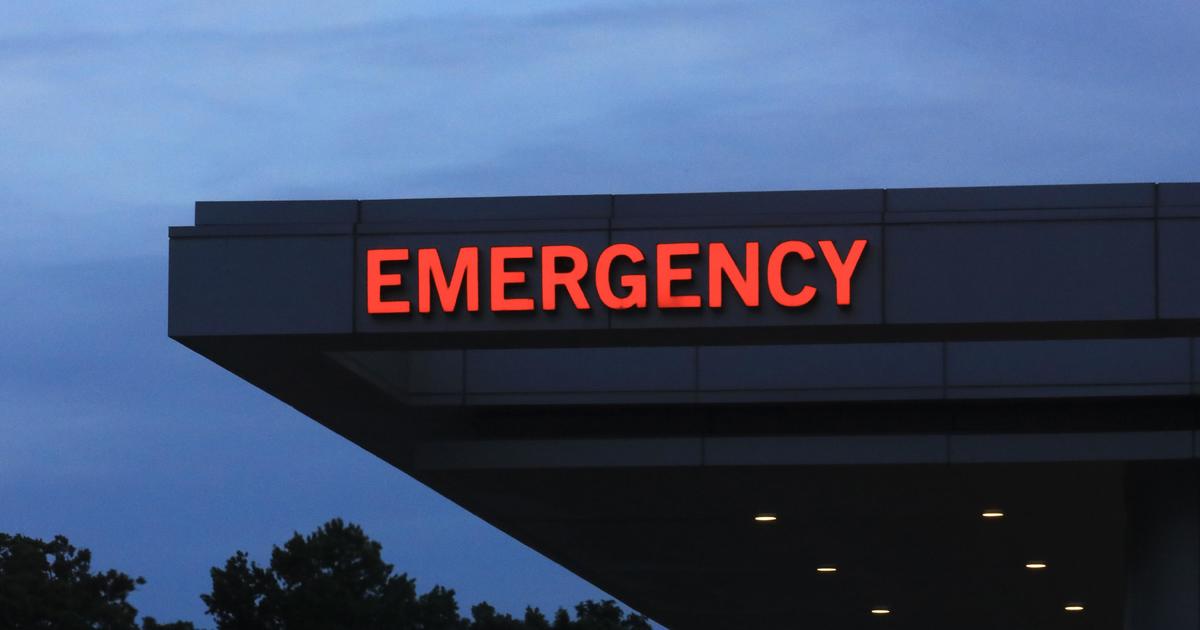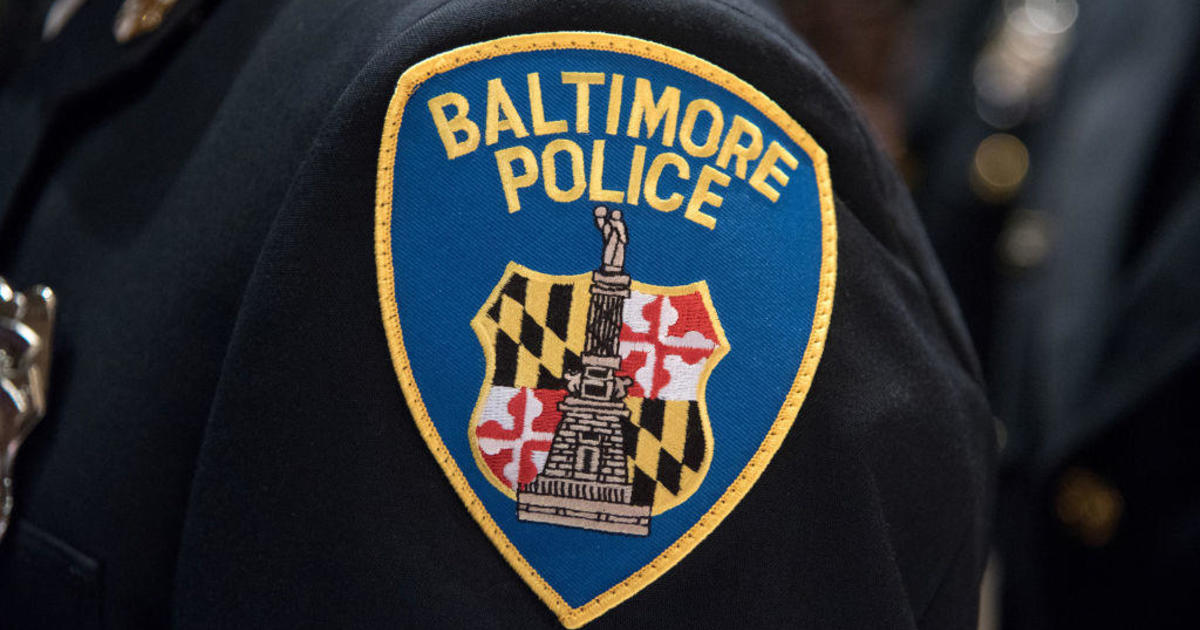Maryland Farm Turns To Solar Power To Cut Costs
WESTMINSTER, Md. (AP) -- Running a farm with 400,000 chickens that produce 25,000 to 30,000 eggs a day requires a lot of electricity.
Don Lippy, owner of Sunnyside Farms Inc. in Westminster, said the farm's total electrical bill for 2010 was about $150,000. Now, he's not only cutting his electric bill by more than a quarter, he's hoping the solar panel system will have the electric companies paying him.
The farm sits on a hilltop with a fairly consistent breeze, so when the owner of a local business that specializes in alternative energy products asked if he would be interested in putting up some wind turbines to save on electricity costs, he said yes.
Ken Donithan, owner of Earth and Air Technologies LLC, of Hampstead, said it can be difficult to find a spot in Carroll with enough consistent wind to efficiently use a wind turbine system, but Sunnyside Farms would have worked. However, because of the grants available for installation and the greater value of renewable energy certificates that Lippy could get with a solar system, he recommended they pursue the solar option instead.
A few months after their initial discussion, the pair was able to get a grant from the U.S. Department of Agriculture that covered 25 percent of the cost, a federal grant that covered 30 percent of the cost and a state grant that covered $50,000. Together, these three grants offset 62 percent of the project's $900,000 cost, and Donithan believes the project will have paid for itself in less than four years.
Sunnyside Farms' system consists of 936 solar panels of 220 watts each, producing enough electricity to power 20 to 25 homes, Donithan said. The panels cover about 1 acre, making it the largest farm-based, grid-tied, ground-mounted solar system in Maryland.
In designing the system, Donithan had figured that the solar panels would generate an average of 600 kilowatt hours per day, which would equal about $30,000 to $50,000 in savings annually from the farm's electric bill throughout the system's lifespan, about 25 years.
So far, the system has produced about 135,000 kilowatt hours of power in its 6½ months of operation, Donithan said. That puts the daily average at 692 kilowatt hours per day, and that has been through the months with the lowest levels of sunlight.
While the farm is using all of the electricity it produces, it is able to sell renewable energy certificates for that production on the market, Donithan said.
There are two main markets for renewable energy certificates in the United States: Voluntary markets and compliance markets, he said. Voluntary markets are ones in which customers choose to buy renewable power out of a desire to use renewable energy.
Currently, 30 states, including Maryland, have compliance markets which follow renewable portfolio standards, where electric companies are required to generate a certain percent of their electricity from renewable generators by a specified year.
Generally, utility companies comply with these standards through the purchase of renewable energy certificates. Requirements increase annually, Donithan said, and Maryland requires 20 percent to be derived from renewable energy resources by 2022, with 2 percent specifically obtained from solar.
If suppliers do not procure the required amount, they have to pay the compliance payment. Maryland's is $400 per solar renewable energy certificate through 2014 - making certificates produced by farms and other non-utility operations such as Sunnyside Farms hot commodities, Donithan said. Each certificate represents one megawatt hour of renewable energy.
Earth and Air Technologies brokers the sale of the farm's credits, with sale prices averaging between $275 and $330 per certificate, Donithan said.
"We can get top dollars for our credits," he said.
Sunnyside Farms is expected to produce between 250 and 300 solar renewable energy certificates per year, which should yield the owners an additional $75,000 to $100,000 of income per year.
Donithan said that the extra grants for solar and the solar renewable energy certificate prices have really made this a great opportunity for farmers. However, when the federal grant program expires at the end of the year, the payback rates for these systems won't be as good.
Lippy said he is very pleased with his system, which has been reducing his electric bill by about 28 percent right now, and said he's had other farmers ask him about it, considering whether they should pursue a system too. Donithan said he is currently working with a farm owner in New Windsor to put in another solar system, though not as large as the one at Sunnyside Farms.
Lippy said he even got some solar panels installed at his home — nothing compared to the farm's system — but enough to support his home.
He hasn't paid an electric bill for his home in three months, he said.
Information from: Carroll County Times of Westminster, Md.,http://www.carrollcounty.com/
(Copyright 2011 by The Associated Press. All Rights Reserved.)



